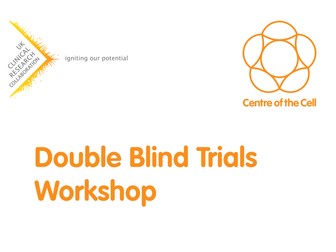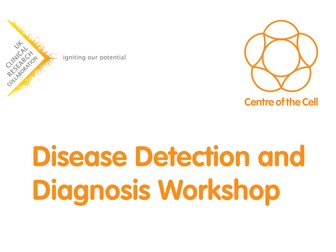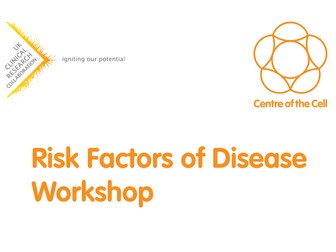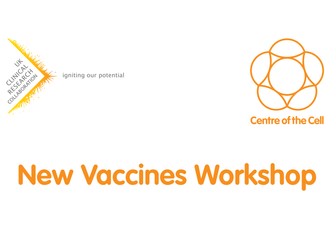Double Blind Trials Workshop
<p>The activities in this workshop demonstrate how double blind trials are run, explaining what a placebo is and how the placebo effect works, how bias is removed as far as possible and how participants and trial medicines are randomised.</p>
<p>This resource was made in collaboration between Centre of the Cell and the UK Clinical Research Collaboration.</p>



